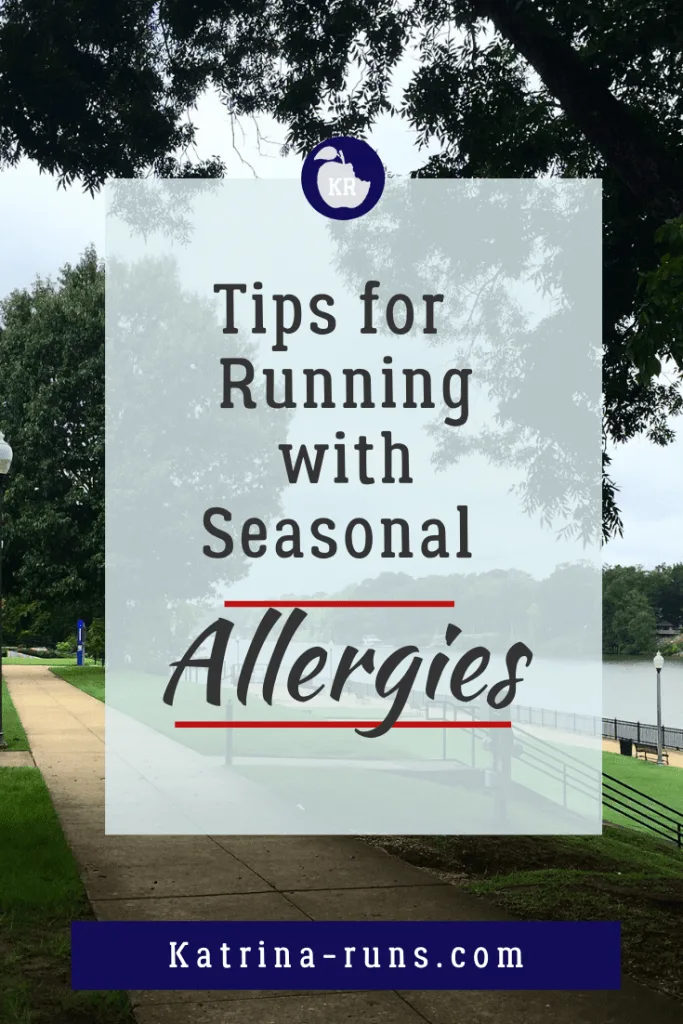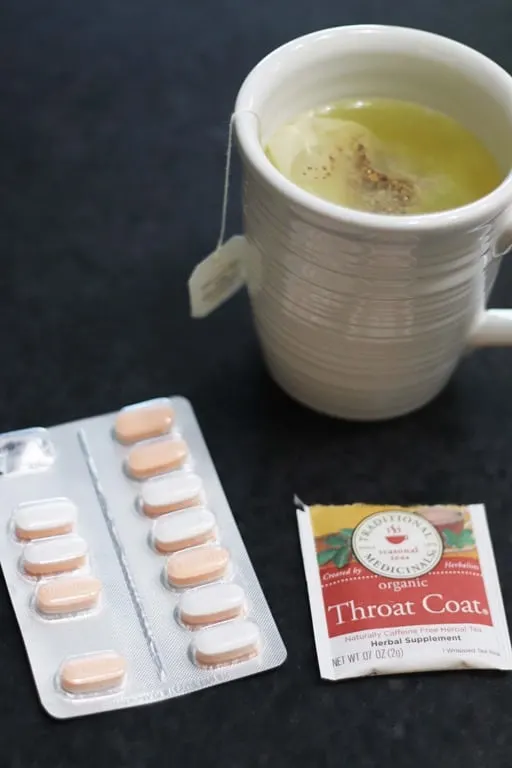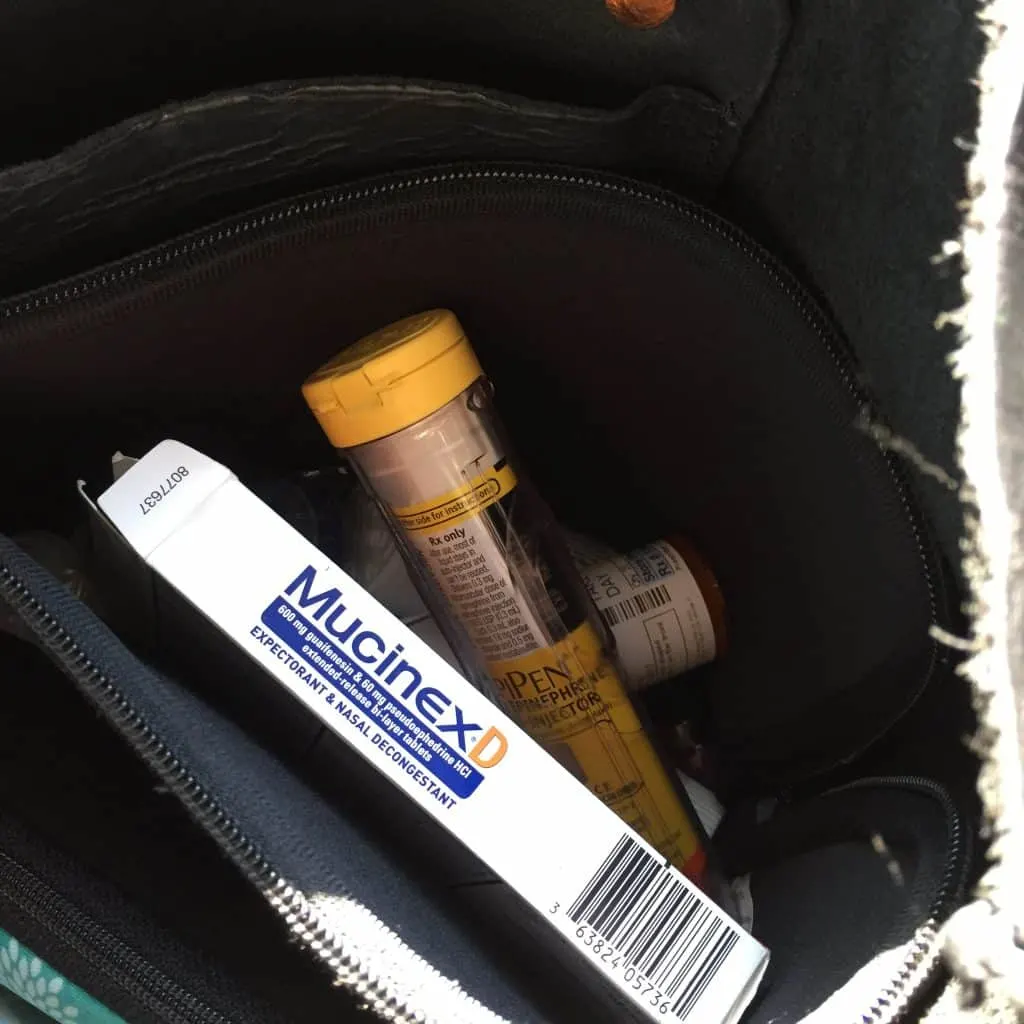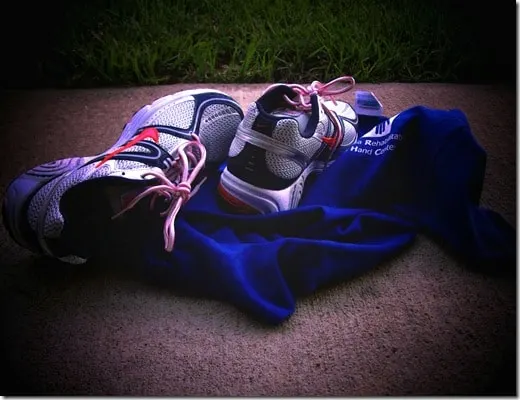Has the seasonal allergies kicked in for your area, yet? If so, check out these tips for running with seasonal allergies. You don’t have to hang up your shoes!

Many runners suffer from seasonal allergies. When the weather begins to warm up, the spring trees and flowers are waiting to wreak havoc on your face.
So what is a runner to do? Here are some tips for running with seasonal allergies.
What are the symptoms of seasonal allergies?
- Itchy eyes
- Watery eyes
- Sneezing
- Periodic nasal stuffiness
- Headaches
By contrast, a cold, sinus infection, or upper respiratory infection will often have symptoms of fever, persistent head and face pressure, thick nasal mucous, sore throat, and coughing.
What causes seasonal allergies?
The most common culprit is tree and plant….reproduction. In the spring, those trees drop their nasty yellow dust all over the place.
And while the planet needs trees and trees need to reproduce, spring pollen brings misery to many people who are so ready to get outdoors.
Fall seasonal allergies usually begin with ragweed. Different areas of the country have differing allergy seasons, but good ol’ ragweed seems to be everywhere.

How do I know if I have seasonal allergies?
Allergies are the way we describe the body’s histamine reaction to a known allergen….outdoor allergens in this case.
You know you have an allergy problem when you feel itchy, develop watery painful eyes, some experience throat itchiness and pain, sneezing several times in a row, a nasty taste in your mouth after a sneeze, and periodic ear and nasal stuffiness. Sounds like fun, right?
What do I do if I think I have allergies?
See your doctor. If you need a referral, start with your general doctor. Ultimately, you want to see a doctor of Allergy and Immunology. They will start with your medical history, symptoms checklist and frequency, and continue to testing and treatment, if needed.
In most cases, there will be a medication regimen. Allergy medications can be extremely frustrating, but the right combination can be a very powerful defense.
There are different classes and they all work in similar and different ways. It has taken a few years…YEARS..to find the right combination for my severe allergies.
I’m on a daily plan of Singulair, Zyrtek, and Astelin nasal spray. I have an Epi-pen for bronchiatic asthma (usually for winter), and a steady supply of Mucinex to keep the gunk thin and moving.
I would have never stumbled on that combination on my own. It took several doctors to get that combination working for me.

Running with seasonal allergies
While staying indoors with closed windows, air filters, and fresh sheets twice a week is a good plan, that doesn’t work for outdoor runners.
But here are some tips that can help reduce allergy symptoms while those medications are building up in your body.
- Run with a hat/visor and sunglasses. These will help reduce the amount of allergen on your body to breathe. Just remember to wash your hats and visors with your clothes!
- Shower as soon as you get back home. Kick off the shoes at the door, too.
- Experiment with medication timing. Figuring out which medications work and WHEN they work best is a puzzle. Some report nasal sprays are best before running outside. Some like to spray it up after a shower. Try them out, find what works, and stick to it!
- Check the weather. Most weather apps now have a “pollen index” or allergen index. Most of these counts are higher in the late afternoon. Morning runners might have better results dealing with allergies.
- Stay inside. When all else fails, or during the first week of pollen release, it may be best to stay inside and find a treadmill.
Running with seasonal allergies is a pain, but the alternative is even more brutal. In my case, I will take all preventative measures I can so I can keep running!

